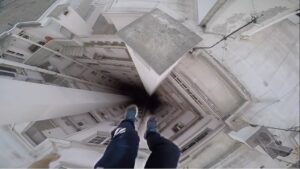Normal blood pressure is 120/80. What is hypertension or high blood pressure? Who is at greatest risk for developing it? Kathy Ianuzzo, RN, of Saint Peter’s Community Mobile Health (CMHS), explains the numbers and risks. CMHS can be found throughout the area on a daily basis providing blood pressure screenings. Some additional info on this last one — Call 732-745-8600, ext 8903, to schedule a screening at community venues such as senior centers, churches, schools and corporate sites. Learn more about Hypertension: http://www.saintpetershcs.com/cmhs ———————————————————————————————————————- Hypertension is a term used to describe high blood pressure. What blood pressure is, is a measurement of the force of the blood as it pumps through your arteries. A normal blood pressure is 120 over 80. The two numbers in a blood pressure, the top number should not be greater than 120, and the lower number should not be greater than 80. The top number is called your systolic pressure and that is a measurement of the force in the arteries as your heart pumps blood. The bottom number is called diastolic blood pressure and that is the measurement of force in the arteries when your heart is at rest. Anywhere from 120 over 80 to 140 over 90 would be considered pre-hypertension. Pre-hypertension often leads to high blood pressure, hypertension. Anything greater than 140 over 90 is considered high blood pressure or hypertension. The people at greatest risk for hypertension are African-Americans, also if you have a family history of hypertension, and that’s why it’s important to know your family history. People who are obese are also at great risk for developing hypertension and long-term stress increases the risk for hypertension. Smoking cigarettes, taking drugs, both street and over-the-counter medication are risks for developing high blood pressure and diabetes also puts you at risk for high blood pressure. The symptoms of a high blood pressure are sometimes very vague. It could be something just a simple as headache, also confusion, any visual disturbances. Sometimes nausea and vomiting could also be a sign of high blood pressure and nose bleeds. However, it’s important to note that hypertension is called the silent killer because you may be walking around with a very, very high blood pressure and have absolutely no symptoms at all. That’s why it is wise to have your blood pressure checked frequently because although you may be feeling perfectly fine, you could have high blood pressure. While there are many causes of hypertension some of the greatest causes would be conditions of the kidney, conditions of the blood vessels and of the nervous system, increased cholesterol also contributes to hypertension and of course, age. As we age, our blood vessels become stiff and that increases our blood pressure. The water and salt ratio in our body contributes to high blood pressure, and also certain hormone levels would also contribute to high blood pressure. Thank you for choosing Saint Peter’s.
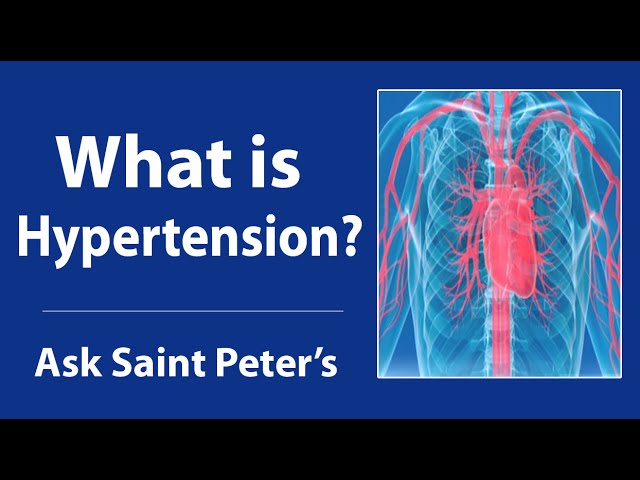
What is Hypertension?
- Post author:
- Post published:May 19, 2021
- Post category:Uncategorized
- Post comments:0 Comments
You Might Also Like
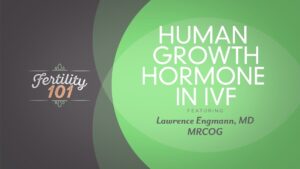
Human Growth Hormone in IVF

Triceps Pulley Extension-2

One Hand Triceps Extension-4

Barbell Shrugs – Shoulder n Traps – Upper Body Workout Routine
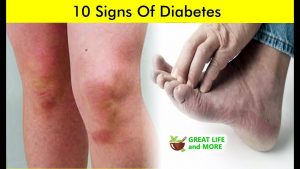
10 Signs Of Diabetes ?

What is the difference between saturated & unsaturated fats?

Health Benefits of Fish Oil Omega-3 Fatty Acids | GuruMann

Bodybuilding & Water Intake: How Much Do You Need Per Day?

HAMMER CURLS- 5 DIFFERENT TYPES- Rich Piana

How many meals to eat in a day? | Fitness and Nutrition Expert | iTheFitDiva

Health Benefits of Fish Oil Omega-3 Fatty Acids | GuruMann

New Program! PTW novice program. Squats bench and sumo deads

Anabolism Meaning
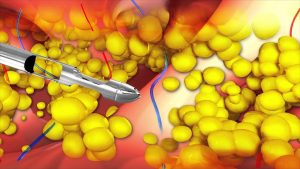
Animation

Health And Fitness Video – 1
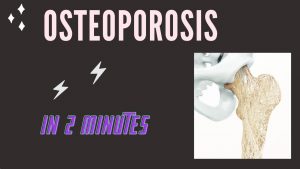
Osteoporosis in 2 mins!

One Arm Tricep Extension

Top 6 Foods To Reduce Hypertension
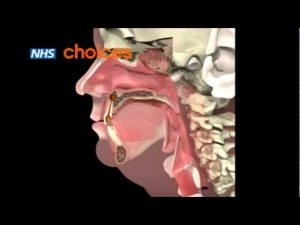
An animation about dental abscess.FLV
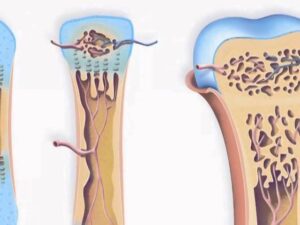
Anatomy and Physiology – Development of Bone
Sports & Recreation

Epibolic Premium Anabolic Activator Explained

The Aesthetic Effects of Popular Steroids Test, Tren, Deca, Dbol & more

Rowing Video – 3

Stability Ball Back Extension

SIMPLE TRUTH: SHOULD YOU TAKE CREATINE & WHICH IS BEST – Side Effects | Lex Fitness

HairMax Prima 7 LaserComb

Team Wild’s Cable Squats
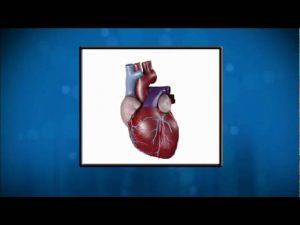
What is Cardiovascular Disease? Doctor Akshay Khandelwal Explains

Seated Calf Raise-1
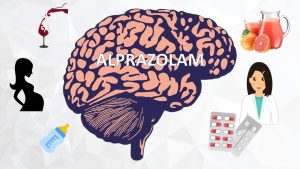
Alprazolam

Grow Taller Exercises: Top 10 Best Stretching Exercises to Increase Height & Get or Grow Taller

Testosterone & Androgenic Effects Video – 16

Barbell Ab Workout (4 MINUTES!)

Top 5 Best Liver Supplements In Amazon India

Worst Foods to Avoid That Spikes Diarrhea Again

Clomiphene Citrate Gynecomastia – Reduce Moobs Extremely Fast

Fat Loss, Weight Loss Video – 30

Bodybuilding triceps exercises and anatomy
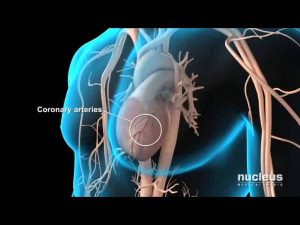
Cholesterol Blood Test
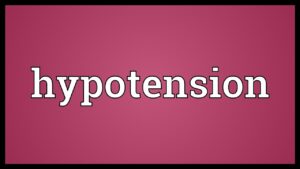
Hypotension Meaning
